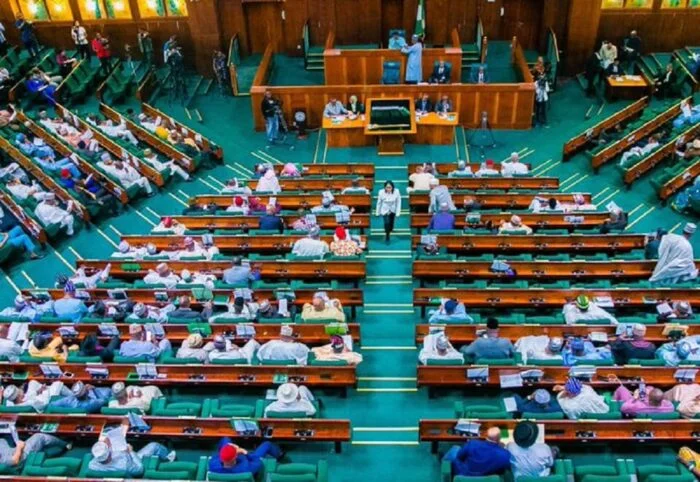The Minority Caucus of the House of Representatives has called for the immediate reversal of the recent hike in petrol prices, warning that it will worsen the suffering of Nigerians.
In a statement issued on Thursday, the Minority Leader, Kingsley Chinda, criticized the unilateral decision to increase the price of Premium Motor Spirit (PMS), stating that it violates the principles of transparency, accountability, and fairness that should guide decisions impacting citizens’ lives.
Titled “Reverse Petrol Prices Now,” the statement urged President Bola Tinubu to address the connection between the country’s worsening economic conditions and rising social unrest. Chinda highlighted the damaging effects of the petrol price increase on Nigerians already grappling with inflation, unemployment, and the devaluation of the Naira.
“At a time when the nation is facing unprecedented economic challenges, any further increase in petrol prices will only deepen the hardship on the average Nigerian,” the statement read. “The ripple effects will raise transportation costs, food prices, and other essential services, further eroding the fragile purchasing power of millions and pushing more families into poverty.”
The Minority Caucus expressed concern that the price hike decision by the Nigerian National Petroleum Corporation (NNPC) was made without proper consultation with relevant stakeholders, including the National Assembly. They noted that the economic hardships have already sparked protests across the country, which could escalate into broader social and political unrest if the government fails to act.
“These hardships have understandably triggered protests, as citizens demand relief and accountability from the government,” the statement continued. “Economic instability can easily lead to wider social and political instability if not properly managed.”
The caucus urged the Tinubu administration to immediately reverse the petrol price increase and explore more sustainable solutions to stabilize the economy without adding to the burden on the people. They warned that failure to address the economic crisis could fuel further protests and unrest among Nigeria’s unemployed youth.





